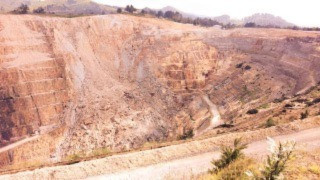The Politics of Environmental Impact Assessments

A variety of tools and mechanisms have been developed to try to anticipate, avoid, mitigate, and address potentially dire social and environmental risks of extractive industry projects. Unfortunately, their implementation is often highly problematic and their impact weak. In our work on the politics of environmental impact assessment (EIA), we build on analyses by the Overseas Development Institute and others to explore how political realities shape the (in)efficacy of EIA processes and what can be done to create more effective approaches to implementing environmental and social protections.
In a chapter entitled Tackling the EIA Impact Gap: Addressing Political Economy Realities to Bring Actual Practice Closer to Best Practice, for a sourcebook edited by Jonathan Hobbs and Diego Juffe Bignoli and published by the Development Corridors Partnership (our chapter is summarized in a PLUS Politics brief, Tackling the EIA Impact Gap and in this blog), CCSI discusses the ways in which political realities can contribute to consistent gaps between how best practices around EIA processes are meant to unfold in theory and what actually happens in practice. Our work on the politics of EIA processes is intended to aggregate and share expert insights, contribute ideas for addressing political considerations more effectively, inspire practical experimentation, and catalyze further thinking and action among EIA practitioners hoping to increase their impact through more politically informed approaches.
